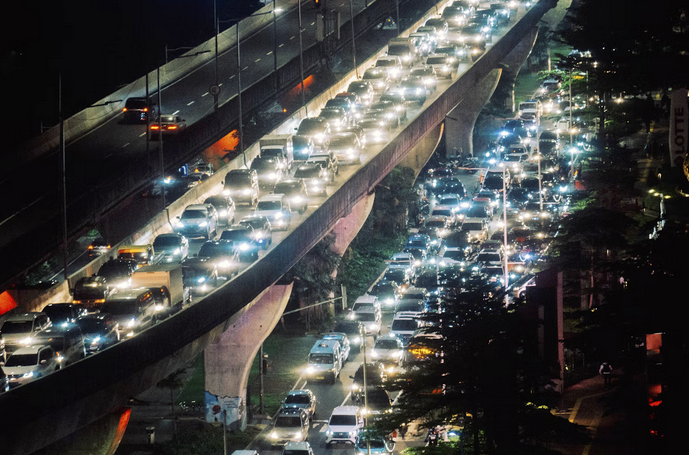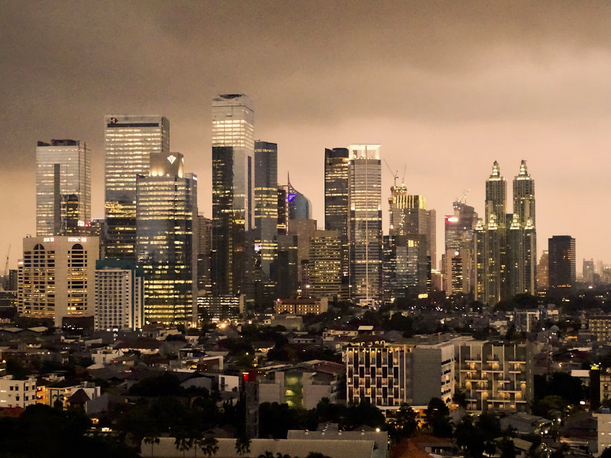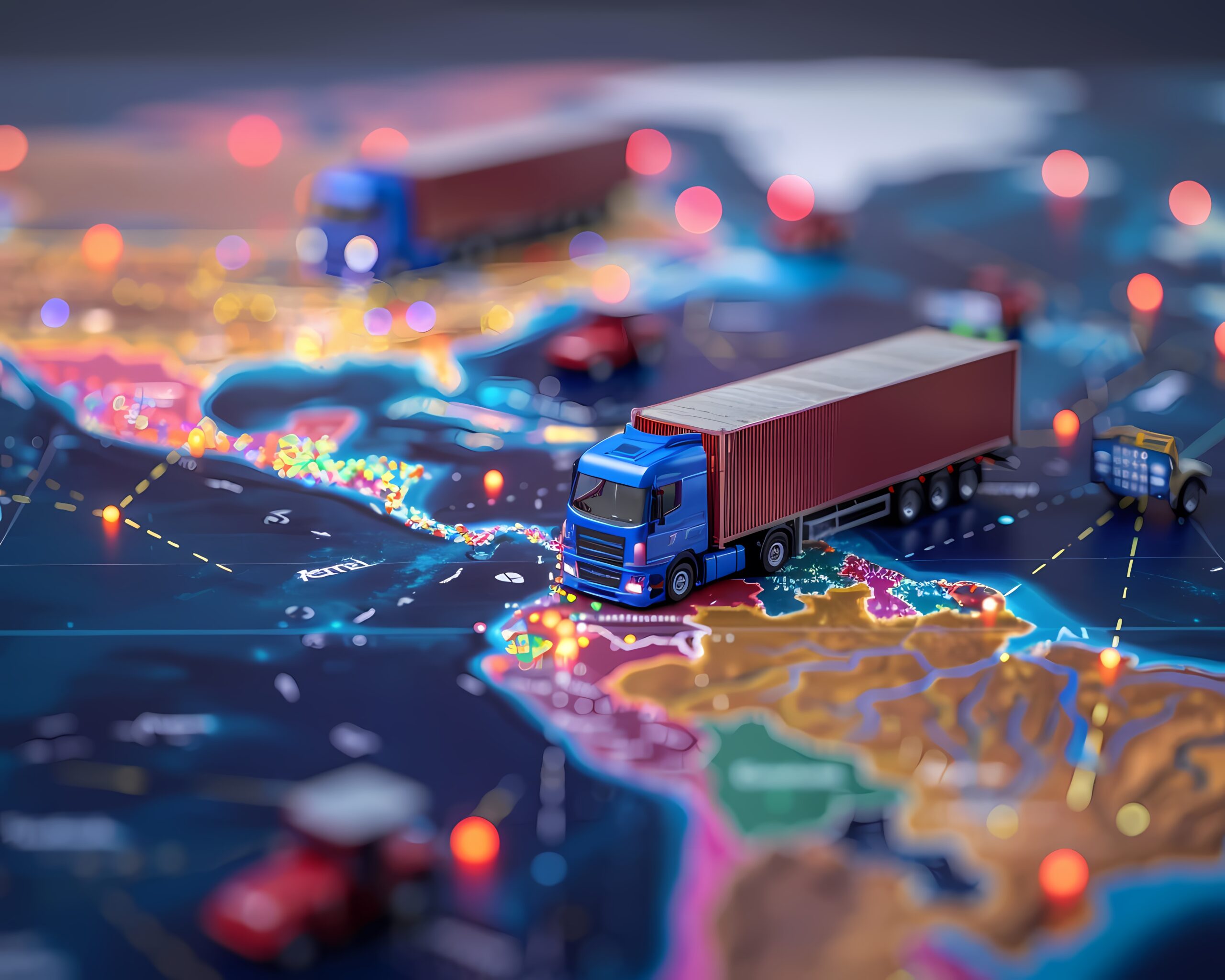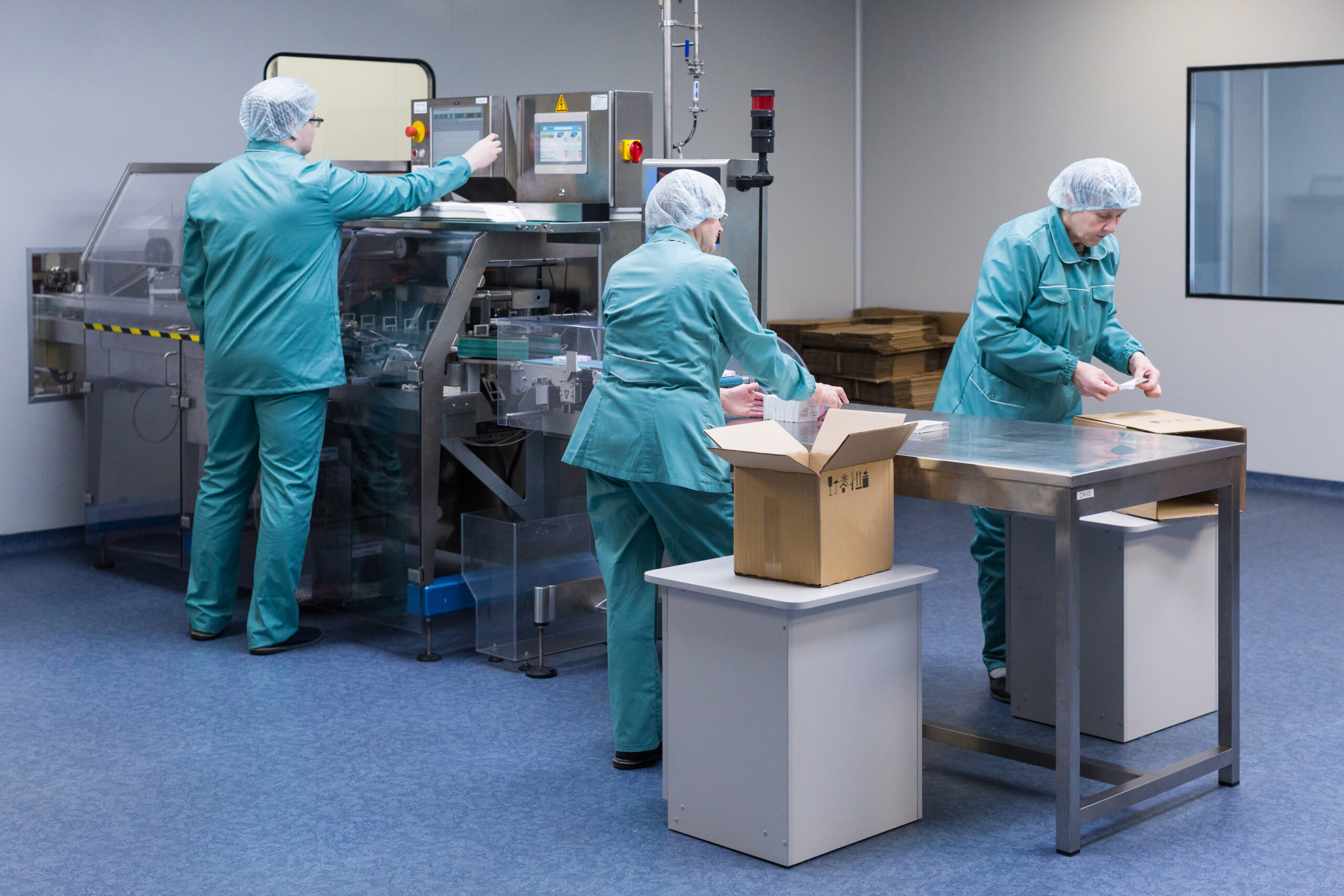Often regarded as the “brain” of a nation, a country’s capital is not merely a geographical center but a representation of unity, accessibility, and centralization. However, there are times when governments need to relocate their capital because of certain political, environmental, and population factors.
In 1960, Brazil changed its capital from the overcrowded coast of Rio de Janeiro to the more neutral center, Brasilia. The political turbulence between Sydney and Melbourne prompted Australia to designate Canberra, the city between the two powerhouses, as its capital in 1913. Due to problems of instability, rebellion, and transportation, Myanmar named the more peaceful Naypyidaw as its new capital in 2005.
Currently, two countries are emulating the success of the countries mentioned above. Egypt’s new, unnamed capital is under construction. In a bold and strategic move, Indonesia is moving its capital from the bustling city of Indonesia to the sustainable promise of East Borneo, the city they will call Nusantara.
Why is Indonesia moving its capital?
There is empirical evidence that the world is currently affected by climate change, and many cities are in danger, but Jakarta is sinking the fastest among all cities worldwide. Currently, 40% of Jakarta is below sea level, and parts of the city are sinking by up to 10-20 centimeters yearly. Mapping by Earth.org has shown that the city might be partly submerged in water by 2050. Illegal drainage and water extraction are other culprits besides the crude climate change factor.
Because of environmental factors, several sectors in the country are affected: real estate, construction, tourism, fisheries and aquaculture, transportation, agriculture, insurance, and energy. Basically, it is everything that sustains and improves the lives of Indonesian people. Hence, the whole government, its administration, and subsidiaries of Indonesia are moving their capital to Nusantara with the hopes that many private institutions, conglomerates, and SMEs will follow.

After Tokyo, Jakarta is the second largest city in the world, with at least 35 Million people. There is so much going on in the city, and it’s very congested. Several former presidents have considered Indonesia moving its capital, but current President Joko Widodo is making it come to fruition. It is said that apart from the factors that caused the relocation, the presidents also want to say goodbye to the ghosts of Jakarta’s colonial past, and now Widodo is planning to build a new, sustainable, and tech-powered city.
The New Smart City: Nusantara
Indonesia is moving its capital to Nusantara, which means outer islands, but its definition is beyond that, as it is embedded in thought and local wisdom. It relates to the people of Nusantara–their unique worldview, mindset, values, and how they educate the new generation. This mindset will soon be embodied in the new innovative and sustainable city.
The new city will share land in the province of East Kalimantan in East Borneo. The province of Kalimantan is safe and is unaffected by natural disasters that afflict other Indonesian regions. It is known to have an abundance of coal, gold, and oil for mining opportunities. Additionally, electricity in the region relies on fossil fuel power plants. Even if it’s not a crowded region, it has proven to be a hub for sustainability.
President Widodo’s vision for Nusantara is almost utopian. The new city is expected to be green, futuristic, and intelligent, with new ports for local and international trade. Like Bandung, Indonesia’s first smart city, Nusantara follows through Widodo’s road to 100 Smart cities. However, it is expected that Nusantara will be busier, more cost-demanding, and not to mention more interesting. An exciting agenda for the city is that its real estate market will accept cryptocurrency, a brave and innovative move. The entire project will amount to at least $33 Billion with all these plans.
Modul pertama Garuda yang akan menjadi ikon bangunan Kantor Presiden di Ibu Kota Nusantara mulai terpasang. Apabila tak ada halangan, pemasangan 4.650 bilah Garuda tersebut dapat diselesaikan pada bulan Maret 2024.
Sejauh ini, pembangunan kawasan IKN masih sesuai dengan rencana.… pic.twitter.com/LWy4o5tAYV
— Joko Widodo (@jokowi) September 22, 2023
Criticism of Indonesia moving its capital
Despite the promising utopia of Nusantara, many skeptics criticize Indonesia for moving to a new capital. Despite its promise to be a smart and sustainable city, many environmentalists consider it counterintuitive. According to them, building the city from scratch and making it the new capital would pollute and harm the otherwise pristine land, especially since government offices will be transferred there, and businesses and ports see it as busy.
Others say that, given all the data, statistics, and evidence, it will be hard for Indonesia in moving its capital. It would take many years for the whole country, its partners, and investors to adjust. Imagine all the losses and pain points. Aside from that, these critics say that many businesses won’t transfer to Nusantara even if you incentivize them. Jakarta will still be the central city, and even after Indonesia is moving its capital, more and more costs will be incurred because of the continuous budgets and logistical considerations like the movement of goods, as well as compliance and regulatory requirements (many might be delayed).
Regardless of the criticisms, many are also supportive of the move. Indonesia has opened up its economy to the world with renewed investment policies and foreign ownership, with several international businesses investing in the country. This new economic policy that intensified during the COVID-19 pandemic has made Indonesia’s economy grow by 5% in 2023 and is expected to continue in 2024. That’s a reason for President Widodo to be confident in building Nusantara. Besides, Brazil was able to switch its capital from Rio de Janeiro to Brasilia in 1960. If they did it successfully, why can’t Indonesia?
Implications of Indonesia moving its capital to the business sector and supply chains
The ambitious decision by Indonesia in moving its capital poses a myriad of challenges and opportunities that span economic, environmental, and logistical arenas.
Challenges for supply chains
The Indonesian government will incentivize businesses to move their main offices to the new capital. Incentives include income and personal tax exceptions and tax holidays. One of the foremost challenges for supply chains is the inevitable disruption it may cause them. Indonesia moving of its capital will pose changes in transportation networks and logistics and may cause delays and inefficiencies in moving goods and services. It may also cause them to have uncertainties in meeting customer demands. Hence, companies will need to adapt quickly to the transformation.
Another challenge is that the trade routes would have to be reconfigured. While Indonesia has opened more ports throughout the country, logistics would have to adjust their routes to adhere to government requirements, which might cause them to face increased transportation costs and longer lead times, eventually affecting their competitiveness and profitability.

Opportunities for investors and businesses
Despite the challenges of Indonesia moving its capital, businesses need not worry because there are solutions to every disruption. More than anything, a surge of demand and opportunities await supply chains and the real estate sector.
Indonesia moving its capital to Nusantara presents a potential for enhanced connectivity and streamlined logistics. While it may contrast the logistical challenges, think of it as an opportunity for businesses to finally modernize and optimize their transportation infrastructure. These opportunities will pose disruptions initially, but in the long run, upgraded ports, roads, and railways always lead to more efficient supply chains and reduced operational and transportation costs.
Secondly, the new Indonesian capital could be a strategic hub for trade and commerce. Since it’s new, smart, and sustainable, all eyes will be on Nusantara. Thus, it would attract foreign investments, entrepreneurs, and industries. This is a good opportunity for supply chains and businesses to expand their market reach and explore new avenues for investments, partnerships, and collaborations.

Solutions for a more harmonious move
There is a high degree of uncertainty in President Widodo’s project for Indonesia moving its capital. It is without question that everything will be painful during the transition for businesses and the Indonesian government, but some solutions can help the industries mitigate the risks and solve the pain points that the move will present.
According to Joe Speicher, the Chief Sustainability Officer of Autodesk, Indonesia should implement cutting-edge solutions like automation while the transition is in development. Since sustainability is Nusantara’s promise, Indonesia should use software for the full value chain of a smart, sustainable city because sustainability is a data problem. It won’t work without technology.
As a smart city, it’s imperative and advantageous for potential stakeholders and the government to adopt AI, machine learning, and automation. Robust supply chain management strategies and high-tech, sustainable solutions will give them the flexibility to capitalize on the evolving supply chain landscape during and in the aftermath of the capital move. An example would be the real-time tracking of traffic patterns powered by IoT and AI.
Cloud-based and AI technology can make a huge positive difference for the government and businesses during Indonesia’s capital relocation. Despite the expense that it may pose, it’s a given that it’s the only way for the Nusantara dream to be smart and sustainable to come to fruition.
Is Your Business Moving to Nusantara? Discover How Aratum Can Facilitate Your Transition
In contemplating Indonesia’s boldness in moving its capital from Jakarta to Nusantara, it is evident that this decision is rooted in the urgent need for a solution to Jakarta’s congested and sinking state. While the mighty gesture sparked criticism, Nusantara’s potential for growth is imminent. Its creation drives an opportunity for businesses and investors to participate in creating a smart, modern, and sustainable city.
In this pivotal time of transition to the new capital, Aratum has been actively engaged in assisting local companies to elevate their operational systems. We offer adaptable, cloud-based technological solutions tailored to support businesses through both disruptions and transitions.
Interested in learning more about how we can assist your transition? Please sign up using the form below, and our team will be in touch with you shortly.
The featured photo was sourced from Aeira Atelier – Unsplash.



